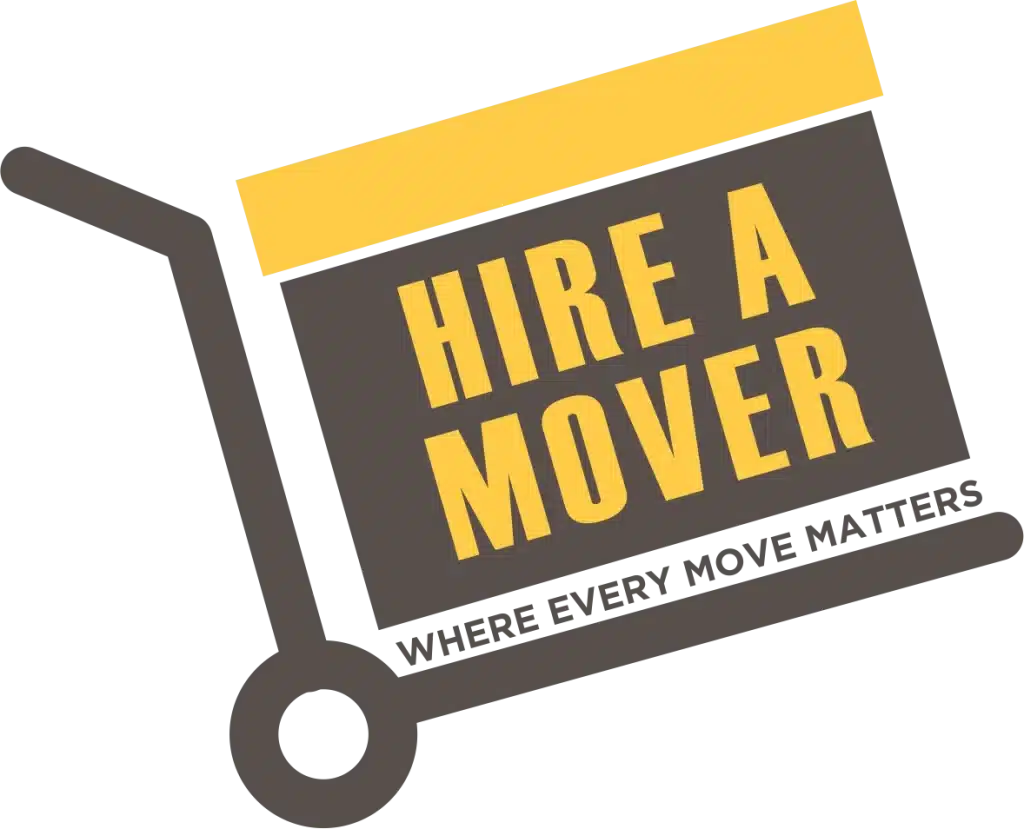Moving to a new home is an exciting chapter in your life, but it can also be a hectic and stressful experience if not well-organized. To ensure a smooth transition, it’s essential to have a well-thought-out moving house checklist. If you’re in New Zealand and preparing for a home move, we’ve compiled a comprehensive checklist for moving house tailored to your needs.
Checklist for a House Move
Here is the Checklist for Moving your Home:
1) Discontinue or Redirect Services
Before you pack up and go, make sure you’ve taken care of these essential services:
- Newspaper Delivery: Contact your newspaper delivery service to stop or redirect deliveries.
- Telephone/Internet Services: Notify your phone and internet providers of your move to ensure a smooth transition.
- Sky/Pay TV: If you have a satellite or cable TV subscription, arrange for it to be discontinued or transferred to your new address.
- Gas and Electricity: Inform your gas and electricity providers about your move to avoid unnecessary billing.
- Water Delivery: If you receive water deliveries, make arrangements to discontinue or redirect them.
2) Notify Your Change of Address
Don’t forget to update your address with various organizations and service providers:
- Post Office: Visit your local post office to set up mail redirection to your new address.
- Bank and Credit Card Companies: Notify your bank and credit card companies of your change of address to ensure you receive statements and correspondence.
- Electoral Registrar: Update your voter registration to reflect your new address.
- Hire Purchase Company: If you have any hire purchase agreements, inform the relevant companies.
- Insurance Companies: Transfer your insurance coverage for your new home, contents, and vehicles.
- Life Insurance Company: Update your life insurance provider with your new address.
- Health Insurance Company: Ensure your health insurance provider has your updated address.
- Children’s Records: Obtain your children’s pre-school and school records for the new educational institutions.
- Store Charge Accounts: If you have charge accounts with stores, update your address with them.
- Club Memberships: Notify any clubs or organizations you’re a member of.
- Subscriptions: Inform publications to which you subscribe about your change of address.
- Medical and Dental: Update your primary care providers, such as your doctor and dentist.
- Legal and Financial Advisors: Notify your solicitors and accountants of your new address.
- Religious Institution: If you’re part of a place of worship, inform them of your move.
- Airline Frequent Flyer Programmes: Update your address with airlines’ frequent flyer programs.
- Service Providers: Notify cleaners, gardeners, and any other service providers you use.
3. Confirm Your Move
As soon as you are moving home, confirm your move with your chosen residential or home moving services company.
4. Plan for Cleaning and Preparation
- Spring Cleaning: Take the opportunity to declutter and get rid of items you no longer need.
- Dispose of Inflammable: Safely dispose of any inflammable items like paints, turps, kerosene, and petrol cans.
- Dismantle Furniture: If you have kitset furniture, start dismantling it for easier transport.
- Gas Bottles: Have BBQ or heater gas bottles professionally purged for transport.
- Electronics: Arrange for specialists to disconnect flat-screen TVs.
- Availability: Plan to be available on move day or designate an authorized person to oversee the process.
- Water Plants: For nationwide moves, water plants being moved one week before your move.
5. Keep Important Documents and Items With You
Certain items should stay with you during the move:
- Cash: Carry some cash for emergencies.
- Travel Documents: Keep your passport, personal travel documents, and frequent flyer cards secure.
- Insurance and ID: Carry your medical and travel insurance, driver’s license, and any ID documents.
- Pet Records: Keep records for your pets handy.
- Household Goods: Keep any paperwork related to your household goods removal accessible.
- Keys: Have an extra set of keys for your car, luggage, and house.
- Electronics and Valuables: Keep laptops, tablets, jewelry, and sunglasses with you.
Also Read: Cost to Hire Movers in New Zealand
6. Miscellaneous Tasks
Consider these additional tasks before moving day:
- Car Servicing: If needed, have your car serviced before the move.
- Pet Transport: If you have pets, book pet transport or boarding.
- Childcare: Arrange for childcare on moving day if necessary.
- Dry Cleaning: Collect any dry cleaning.
- Library and School Books: Return any school or library books.
- Sports Lockers: Empty sports lockers if applicable.
- Travel Arrangements: Book your travel, including flights and accommodation if necessary.
7. Final Preparations
The day before your move, make sure you’ve taken care of these tasks:
- Defrost Freezers: Empty and defrost your freezers.
- Rubbish Bins: Empty all rubbish bins.
- Fuel Drainage: Drain fuel from lawnmowers and petrol weed eaters.
- Clean Tools: Thoroughly clean garden tools, lawnmowers, golf clubs, outdoor furniture, and bikes for quarantine inspections if moving overseas.
- Vacuum Cleaners: If you’re moving overseas, empty vacuum cleaners.
- Identify Items: Identify items that should not be packed and place them in one area.
- Washing Machine: Ensure washing machine taps are turned off and pipes are disconnected.
- Priority Cartons: Identify items for your “Priority Cartons” – those you want first on delivery or for temporary use if you’re going via storage.
- Breakfast and Dishwasher: Plan a simple breakfast for move day and empty the dishwasher.
- Computer and Electronics: Disconnect your computer, monitor, server, printer, and gaming equipment.
8. Important Notes
Remember these key points as you prepare for your move:
- Dangerous Goods: Certain items like ammunition, paint, linseed oil, turpentine, and cleaning fluids cannot be stored during your move.
- Perishable Foods: Don’t store perishable foods like cereals, flour, vegetables, and meat or fish.
- Furniture Care: Avoid French polishing furniture just before moving, and don’t place breakable items or liquids in drawers.
- Valuable Items: Identify any antique or high-value items worth over NZD$5,000.00 on your insurance proposal form.
9. Final Check
On the big day, ensure everything is in order:
- Empty and Clean Fridge: Make sure your fridge is empty, dry, and clean.
- Defrosted Freezer: Confirm that your freezer is defrosted.
- Inventory List: Check that everything to be packed and moved has been loaded and sign and retain a copy of the inventory list for your records.
Conclusion
We hope this comprehensive moving house checklist nz residents has been of great assistance in preparing for your upcoming move. If you’re still searching for a trusted moving company, don’t hesitate to request an obligation-free quote from The Best Moving Company today! Remember, a well-organized move is a successful move. With this checklist in hand, you can look forward to settling into your new home with ease and peace of mind. Happy moving!








